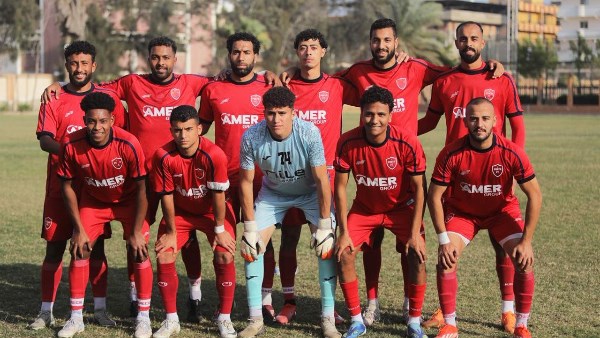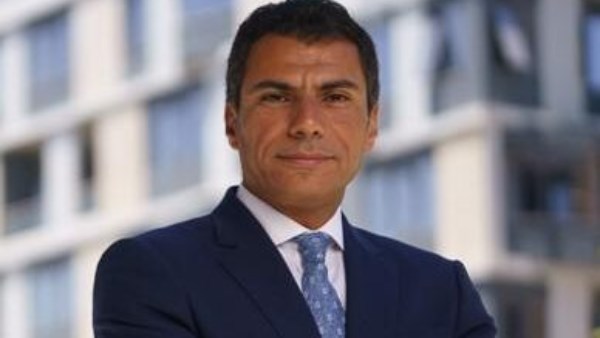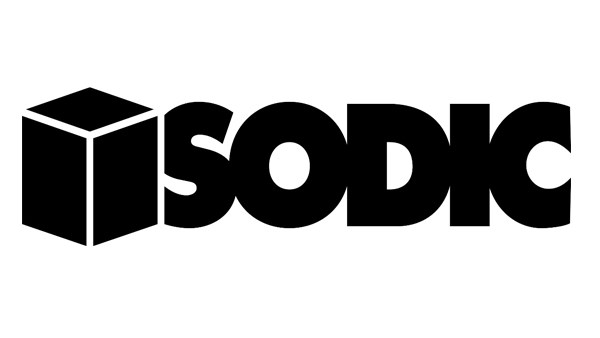
The value of acquisitions and investments by Gulf funds into the Asian country has climbed
Mideast Wealth Funds Draw Greater US Scrutiny Over China Ties

Middle Eastern wealth funds are facing greater scrutiny on US deals from the Biden administration، part of a broader pushback on entities perceived to have close ties with Beijing، according to people with direct knowledge of the matter.
The Committee on Foreign Investment in the United States is reviewing several multibillion dollar deals this year on concerns they could pose national security risks، said the people، who requested anonymity as the matter is private. Officials in President Joe Biden’s cabinet are currently reviewing more than half a dozen acquisitions، including deals from Abu Dhabi Investment Authority، Mubadala Investment Co. and Saudi Arabia’s Public Investment Fund، they said.
A preferred investment destination
While the US remains a preferred investment destination for the region’s largest wealth funds، China has emerged as an increasingly attractive jurisdiction. The value of acquisitions and investments by Gulf funds into the Asian country has climbed to $2.3 billion in 2023 from about $100 million last year، according to boutique adviser Global SWF. That coincides with Beijing’s push to bolster political ties in the region since President Xi Jinping’s December visit to Riyadh.
“An area where we’re starting to see increased sensitivity is with the Gulf states،” Stephenie Gosnell Handler، a Washington-based partner at Gibson Dunn، said on a webinar last month. “We have been seeing CFIUS start to ask more questions.”
In recent months، Biden officials have expressed mounting concerns that critical technology، infrastructure and data that get to the UAE could potentially end up in the hands of Beijing، people familiar with matter said. The scrutiny is particularly acute for Abu Dhabi because decisions on national security، foreign policy and international investments are made by the same few royals، the people said.
Access to internal books
CFIUS has requested access to the internal books of several Gulf funds to assuage US concerns، though the Middle Eastern entities have balked at the idea of opening up their full records to a foreign government، the people said.
Mubadala’s plan to buy a stake in Fortress Investment Group is among deals being reviewed by authorities and the fund is exploring options including bringing on board a US investor to obtain regulatory sign-off، Bloomberg News has reported. SoftBank Group Corp.’s deal with Fortress had also faced a CFIUS review، the Financial Times reported at the time.
Yousef Al Otaiba، the UAE’s Ambassador to the US، called the bilateral relationship a “decades-long success story” that had fueled innovation in supercomputers، semiconductors and artificial intelligence، while noting that the Gulf state had been the top destination for US exports in the Middle East for over a decade.
“The UAE is working closely and positively with the US، including CFIUS، to facilitate and expand trade and investment while securing and protecting sensitive technologies، data and intellectual property،” he said.
Most important trade hubs
In response to questions from Bloomberg News، a UAE official said the nation is one of the world’s most important trade and investment hubs and that Abu Dhabi is fully aware of its responsibilities in protecting the integrity of the global finance system.
CFIUS is an inter-agency committee chaired by US Treasury Secretary Janet Yellen and includes representatives from across President Biden’s cabinet. A spokesperson for the Treasury said the CFIUS is committed to taking all necessary actions within its authority to safeguard US national security.
“Consistent with law and practice، CFIUS does not publicly comment on transactions that it may or may not be reviewing،” the Treasury spokesperson said. ADIA and Mubadala declined to comment، while representatives at PIF didn’t respond to requests for comment.
The US committee routinely scrutinizes inbound deals in strategically important sectors — referred to as “covered transactions.” The number of covered transaction notices from the UAE rose to six last year compared with zero in 2021 and two in 2020، according to the latest CFIUS annual report. Saudi Arabia’s increased to four in 2022 compared with three and zero in the preceding years، the data show.
To an extent، increased interactions with CFIUS reflect an uptick in investments by Gulf funds into the US. Of the $89 billion these entities spent on investments in 2022، $52 billion went into Europe and North America، according to Global SWF. That’s continued into 2023، with the wealth funds participating in US deals worth more than $23 billion dollars، data compiled by Global SWF show.
China Ties
Mubadala is among Abu Dhabi state-backed investors ramping up operations in China، Bloomberg has reported. G42، which has been at the forefront of a push by the United Arab Emirates into AI، has tapped a former executive from JD.com Inc. for its $10 billion tech fund and has built up a China team.
G42 counts Abu Dhabi’s Mubadala as a shareholder and is chaired by UAE national security adviser Sheikh Tahnoon Bin Zayed Al Nahyan، whose business empire includes investment firm Royal Group، wealth fund ADQ and the $1 trillion ADIA.
Gulf officials have said their push into China isn’t aimed at replacing the US as their principal investment partner. Even so، the links to Beijing have raised concerns in Washington at a time when the Biden administration has broadly tightened its scrutiny of investments to and from China.
Last month، the US House Select Committee on China sought information about Sequoia Capital’s investments into artificial intelligence، semiconductor and quantum computing companies in the Asian country. US lawmakers called out investments in firms، including ByteDance — alleging they are Sequoia Capital China’s “problematic publicly-known partnerships.”
Trade at the top of the Agenda
And trade was at the top of the agenda when Biden and Xi met this month at a summit in San Francisco for the first time in a year.
“As the Gulf states continue to try to diversify their economies and make big investments in the tech sector globally، one would expect a certain amount of their investments to flow through CFIUS، even if they ultimately receive approval،” said Emily Kilcrease، a senior fellow at the Center for a New American Security who previously led the US Trade Representative’s work on CFIUS.





-1120252475029447.jpg)















